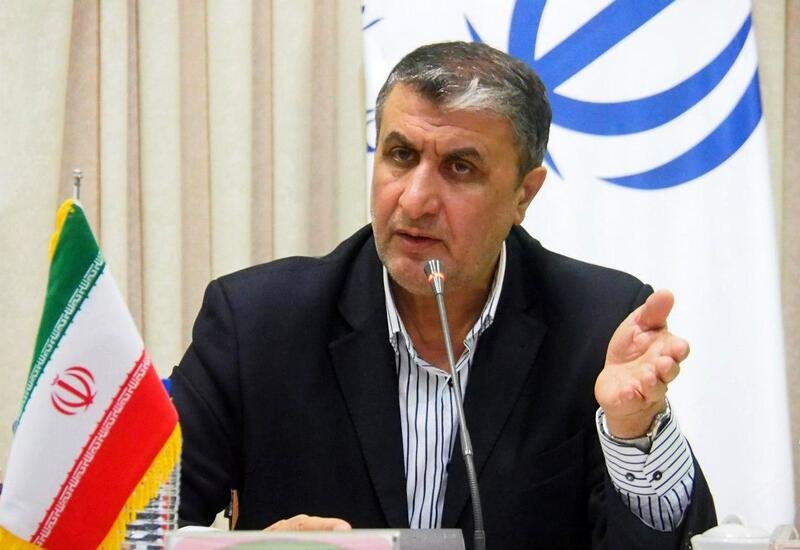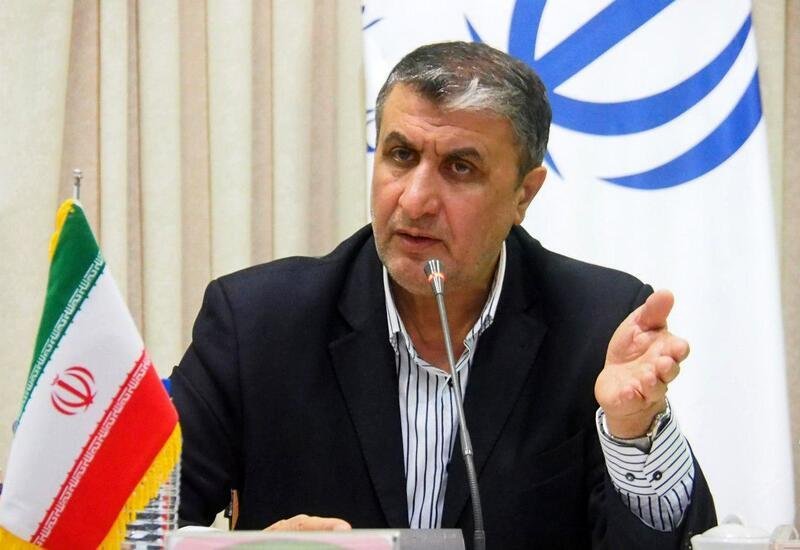Politics Materials 5 February 2025 10:47 (UTC +04:00)

Photo: Atomic Energy Organization of Iran
Follow Trend on

BAKU, Azerbaijan, February 5. Iran continues to face pressure from some Western countries regarding its heavy water production, Mohammad Eslami, Vice President and Head of the Atomic Energy Organization of Iran (AEOI), told reporters, Trend reports.
In a statement to local media, Eslami emphasized that these pressures are directly tied to the country’s advancements and achievements in nuclear technology.
The official noted that each kilogram of heavy water produced costs around $1,000, while the price of each gram of its 300 different derivatives exceeds $10,000.
Eslami also highlighted Iran’s success in producing radioisotopes domestically under heavy sanctions, calling it a significant achievement for the country.
It is worth remembering that in January 2016, the Joint Comprehensive Plan of Action (JCPOA), also known as the Iran nuclear deal, was implemented between Iran and the P5+1 countries (U.S., Russia, China, the UK, France, and Germany). In May 2018, the U.S. withdrew from the agreement and imposed sanctions on Iran later that year. In 2020, Iran declared that there would be no limitations under the nuclear agreement.
To note, on January 16, 2016, the JCPOA came into force between Iran and the P5+1 group (US, Russia, China, the UK, France, and Germany) regarding Iran’s nuclear program. However, on May 8, 2018, the US withdrew from the Joint Comprehensive Plan of Action (JCPOA) between Iran and the 5+1 group (Russia, China, the UK, France, the US, and Germany) and imposed new sanctions on Iran starting from November 2018.
By the end of 2020, the Iranian parliament decided to pursue a strategic plan in the nuclear sector to counter the sanctions, leading to a suspension of additional steps and the Additional Protocol as per the nuclear agreement.
Consequently, the International Atomic Energy Agency (IAEA) faced a reduction in monitoring capabilities by 20–30 percent.
Iran has officially affirmed that its strategy is not to pursue the development of an atomic bomb and that it does not support the production of weapons of mass destruction.
—
Follow the author on X: @BaghishovElnur
